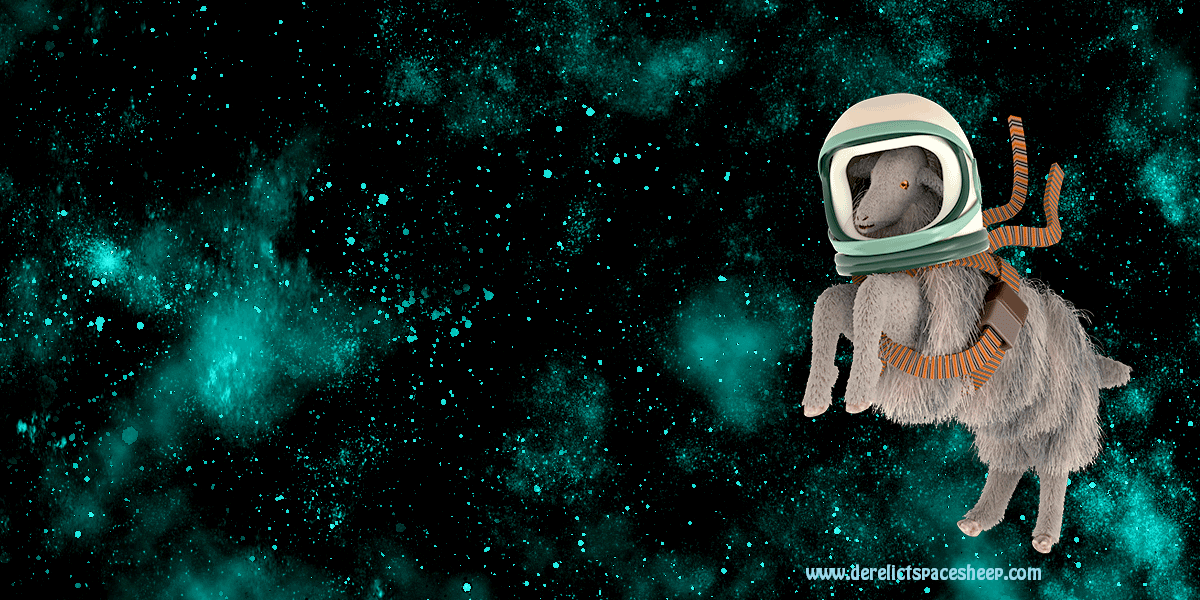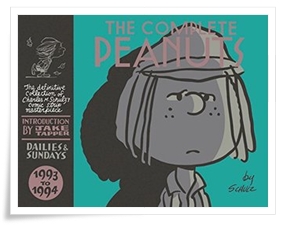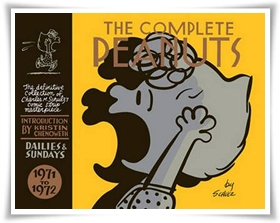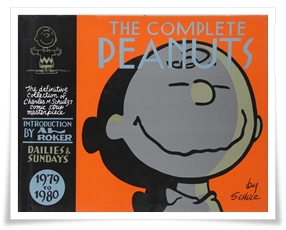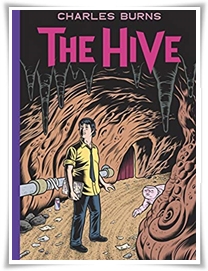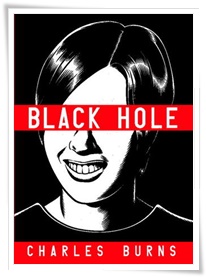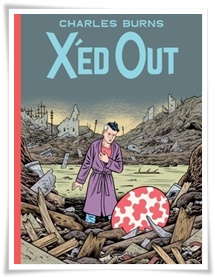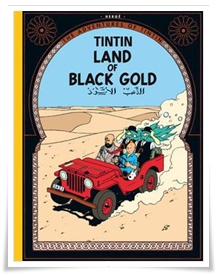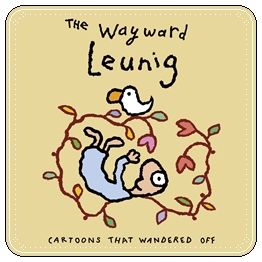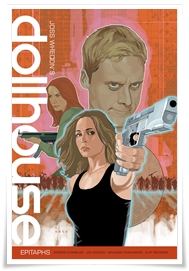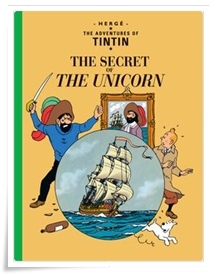The Complete Peanuts: 1993 to 1994
by Charles M. Schulz (Fantagraphics Books, 2014)
Spurred perhaps by Rerun’s belated coming of age, Schulz bestows upon the Peanuts gang some nice little touches of character growth (Charlie Brown’s more active pursuit of the Little Red-Haired Girl, for instance). Unfortunately, his once-consummate penmanship is starting to look shaky.
